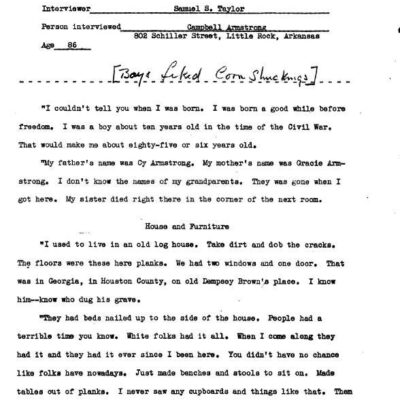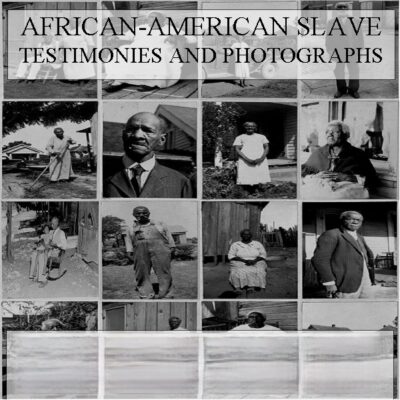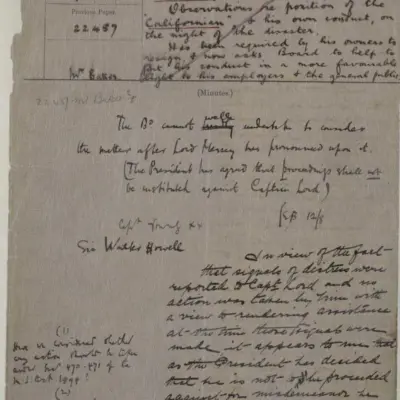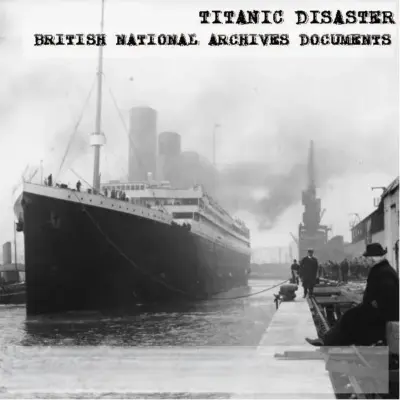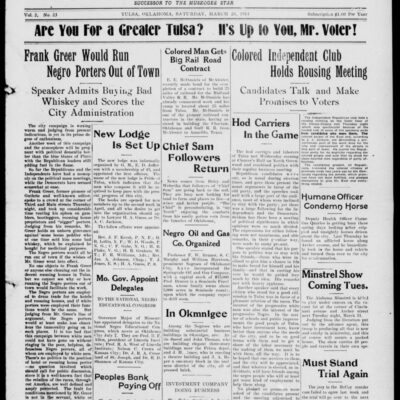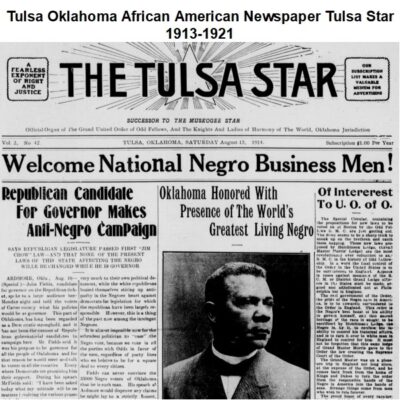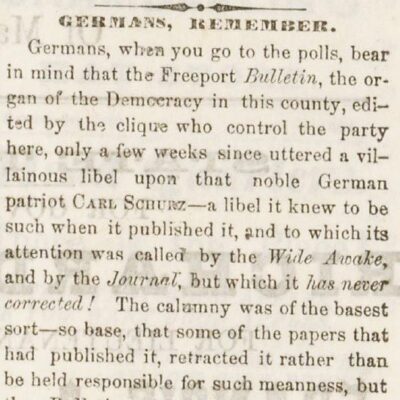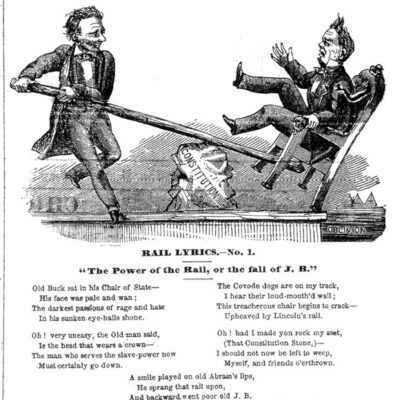“Titanic Disaster: Newspaper Articles (1912-1922)” has been added to your cart. View cart
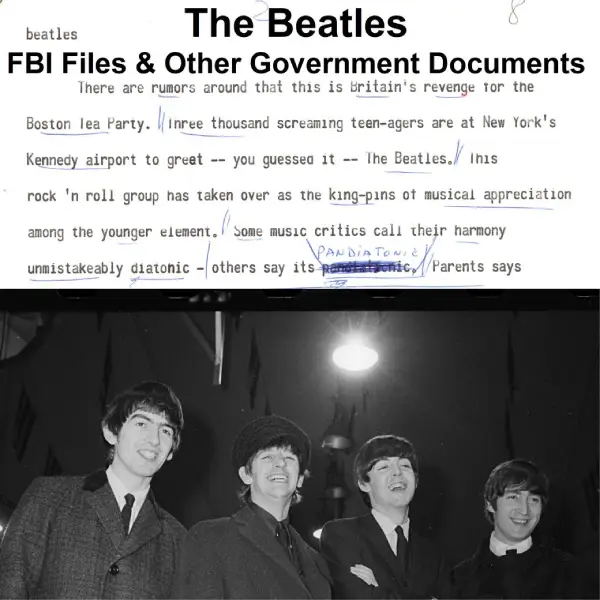
Description
The Beatles: FBI Monitoring and Public Impact
Late 1963:
- American newspapers begin covering The Beatles and their upcoming trip to the United States, indicating growing anticipation for their arrival.
February 7, 1964:
- The Beatles Arrive in the United States: The Beatles land at New York City’s John F. Kennedy Airport (recently renamed from Idlewild Airport). They are greeted by an estimated 3,000 teenage fans, an event documented in Universal Newsreel footage, which ironically comments on the “hysteria.”
- FBI Begins Tracking The Beatles: FBI files related to The Beatles commence from this year, suggesting immediate government interest or concern regarding their impact.
Throughout 1964:
- FBI Monitoring of Beatles Appearances: FBI memos document accounts of The Beatles’ appearances during their 1964 tour.
- Concerns about Public Hysteria: The FBI expresses concern that the intense hysteria surrounding Beatles appearances could be exploited by “subversives” to launch race riots.
- Threat Against The Beatles: The FBI investigates a threat made by an individual calling themselves “Beatle Hater” to throw a hand grenade at a Beatles concert.
Late 1960s – Early 1970s (Implied):
- “Two Virgins” Album Cover Controversy: Furor arises over the album cover of John Lennon’s “Two Virgins” record, sparking calls for new obscenity laws.
- Drug Use Reputation: John Lennon, George Harrison, and Harrison’s wife develop reputations in England as users of narcotics, which later impacts their ability to enter the United States.
- Songs Associated with Drug Use: Beatles songs like “Lucy in the Sky with Diamonds,” “Day Tripper,” “Strawberry Fields Forever,” and “Happiness Is a Warm Gun” become emphasized as being about drug use, contributing to their public image.
1972:
- Efforts to Deport John Lennon: The United States government, via the FBI, makes efforts to deport John Lennon.
March 1973:
- Waiver for George Harrison: The Department of State issues a waiver to George Harrison and his wife, allowing them to come to the United States to visit John Lennon. This waiver is necessary due to their reputations as narcotics users in England.
1981:
- Threats Against George Harrison: The FBI documents threats made against George Harrison’s life.
1990:
- Threats Against George Harrison: Further threats made against George Harrison are documented in FBI files.
1992:
- End of FBI Files (Beatles): The FBI files concerning The Beatles conclude, although individual member files might continue.
Post-1992 (Implied, but based on civil case):
- “Big Seven Music Corp., et al. v. John Lennon, et al.” Civil Case: John Lennon (along with Apple Records, Inc.; Harold Seider; Capitol Records, Inc.; and EMI Records Limited) is sued by Big Seven Music Corp. and Adam VIII, Ltd. for breach of contract. A 200-page deposition of John Lennon is taken in this case.
2020:
- “A Study of Musicology and Social Discourse in Midtwentieth-Century America” Thesis: A master’s thesis is produced at the Naval Postgraduate School, examining music’s role in forming identities and worldviews in mid-twentieth-century American discourse movements, with significant attention paid to The Beatles.
Cast of Characters
- John Lennon:
- A member of The Beatles.
- Subject of FBI surveillance and efforts for deportation in 1972.
- Involved in controversies, including the “Two Virgins” album cover.
- Had a reputation in England as a narcotics user.
- Was a defendant in the civil case Big Seven Music Corp., et al. v. John Lennon, et al., for which a deposition was taken.
- Associated with songs widely perceived to be about drug use.
- Paul McCartney:
- A member of The Beatles.
- Mentioned in connection with a non-existent “Paul McCartney and Wings” concert that spurred an alert about ticket sales.
- George Harrison:
- A member of The Beatles.
- Had a reputation in England as a narcotics user, requiring a State Department waiver to visit John Lennon in the U.S. in 1973.
- Subject of specific FBI files covering threats made against his life in 1981 and 1990.
- George Harrison’s Wife:
- Accompanied George Harrison and also had a reputation as a narcotics user, requiring a waiver to enter the U.S. in 1973.
- “Beatle Hater”:
- An individual who made a threat to throw a hand grenade at a Beatles concert in 1964, prompting an FBI investigation.
- Harold Seider:
- A defendant in the civil case Big Seven Music Corp., et al. v. John Lennon, et al., alongside John Lennon and various record companies.
- The Beatles (as a group):
- The central subject of the FBI files, newspaper coverage, and the Universal Newsreel footage.
- Their arrival in the U.S. sparked widespread hysteria and government concern.
- Their music is discussed in academic study for its role in social discourse and perceived drug references.
- Big Seven Music Corp. and Adam VIII, Ltd.:
- The plaintiffs in the civil case Big Seven Music Corp., et al. v. John Lennon, et al., suing for breach of contract.
- Apple Records, Inc., Capitol Records, Inc., and EMI Records Limited:
- Co-defendants in the civil case Big Seven Music Corp., et al. v. John Lennon, et al., alongside John Lennon and Harold Seider.
